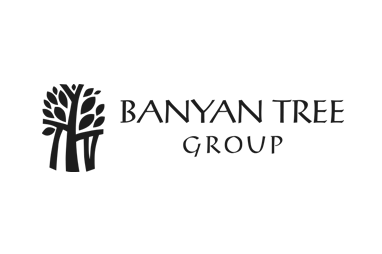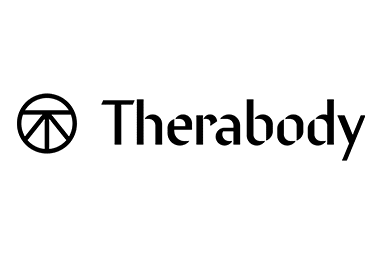Zero Tolerance Policy
This policy applies to anyone that interacts with PGA Staff (including volunteers and contractors) through any form of communication including via letter, email, social media, telephone or in person.
The PGA are proud to have staff that support our Trainees, Members, Partners and golfers throughout their interactions with us. The PGA wish to provide our staff with a safe workplace where mutual respect is given. This policy outlines the types of behaviours that will not be tolerated. This is not an exhaustive list.
Harassment
The PGA considers harassment (in any form) to be unacceptable and potentially unlawful.
Harassment is behaviour that violates a persons dignity or creates an intimidating, hostile, degrading, humiliating or offensive environment for the individual, whether it was intended or not.
Unwanted behaviour can be considered harassment if it relates to a protected characteristic such as age, disability, gender reassignment, race, religion or belief, sex or sexual orientation. Examples of sexual harassment includes (but is not limited to) flirting, gesturing or making sexual remarks about someone's body, clothing or appearance; telling sexually offensive jokes; making sexual comments or jokes about someone's sexual orientation or gender reassignment; touching someone against their will.
Aggressive, threatening or abusive behaviour
The PGA recognises emotions can become heightened when people feel their expectations surrounding an issue they feel strongly about are not being met. However, it is unacceptable if that heightened emotion or frustration escalates into what we feel is aggression, threats or abuse towards our staff.
Aggressive, threatening or abusive behaviour includes language (whether verbal or written) that may cause staff to feel afraid or vulnerable and may include threats, personal verbal abuse, derogatory remarks and rudeness. The use of swear words in written or verbal communication will not be tolerated.
Abusive behaviour includes inflammatory statements, remarks of a racial or discriminatory nature and unsubstantiated allegations.
Unreasonable demands
A demand becomes unreasonable when it starts to, or when complying with the demand would, impact excessively on the work of our staff or when dealing with the matter takes up an excessive amount of staff time and in so doing, disadvantages other people which includes preventing our staff from carrying out their duties.
For example:
i. Repeatedly requesting responses to communications within what we consider to be an unreasonable timescale;
ii. Demanding responses from several members of staff on the same subject;
iii. Insisting on seeing or speaking to a particular member of staff when that is not possible;
iv. Repeatedly changing the nature of an enquiry or complaint without any substance or raising unrelated concerns;
v. Repeatedly posing a question time and again, when a response has already been given, because the individual may not like the answer they have received.
Unreasonable levels of contact
Sometimes excessive demands on staff time impacts their ability to deliver their role.
Examples of excessive demands could be:
i. Excessive contact over a short period of time
ii. Inundating staff with calls or emails
iii. Sending information that has been already sent or that is irrelevant to the substance of the complaint or enquiry
iv. Making efforts to keep staff on a phone call/email exchange that has come to a natural end
Implementing the Zero Tolerance Policy
This is how The PGA will manage behaviour we consider aggressive, threatening or abusive, demands and contact we consider unreasonable.
Step 1: Our staff have authority to advise individuals their behaviour/approach is unacceptable and to ask them to cease that behaviour/approach
Step 2: If the behaviour/approach continues our staff have the authority to end the conversation or immediately cease communicating with the individual
Step 3: Our staff will report the incident(s) to their Head of Department/Manager where a number of measures may be implemented including:
- Limiting contact from the person at set times on set days;
- Restricting contact to a nominated member of staff who will deal with future communications;
- Seeing the person by appointment only;
- Restricting contact to written correspondence only;
- Refusing to deal with further communications and returning any documents;
- Advising the person that further communication will be destroyed and/or not responded too;
- Taking any other action that we consider appropriate to the circumstances.
Our staff have the ability to deal with matters as per any of the steps above depending on severity. However, if the contact is deemed to be persistent or meet an extreme threshold (such as with, but not excluded to, harassment), we may make the decision to refer to statutory agencies, including the Police. In the case of PGA Members matters may also be referred to The PGA Disciplinary Committee. In these circumstances The PGA will tell the person in writing of the action taken and the reasons why.
Any cases of harassment should be immediately reported to the HR Department.
We hope that you will understand and welcome this Zero Tolerance Policy, which is in place for the best interests of our hard-working staff.
This policy is overseen by the Governance Department, any questions or comments may be submitted to tellus@pga.org.uk.



































